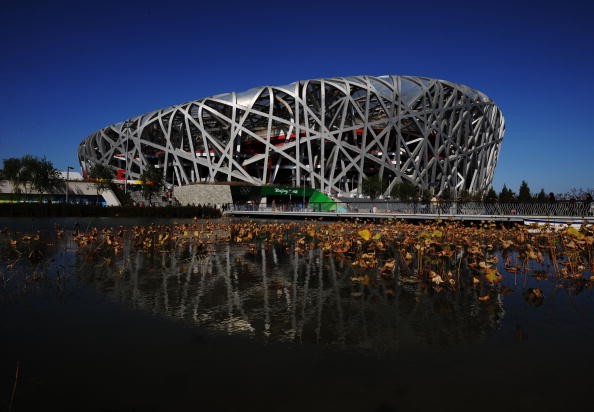Built as among the main venues of the 2008 Summer Olympics in Beijing, the National Stadium, popularly called the “Bird’s Nest,” now welcomes sightseers in its roof corridor section. Such is part of efforts to promote the stadium’s sustainable use as a way of preserving its Olympic legacy.
The roof corridor was opened on Sunday to a group of 40 sports enthusiasts participating in a competition for orienteering, a group of sports that involves participants to navigate through a set course complete with sequenced checkpoints, China Daily reported.
The roof corridor is built 69 meters above ground at its highest point, as involves an extension of a 200-meter section originally used for maintenance to 1,000 meters, enabling sightseers and fitness enthusiasts alike to enjoy a much-wider space that allows them to overlook various parts of Beijing.
The China Architecture Design and Research Group evaluated the durability of the roof corridor's new safety features, which includes glass screens and steel fences to prevent tourists from falling, and with steel beams used to facilitate support.
National Stadium general manager Wu Xiaonan spoke highly of the newly-opened roof corridor, saying that it allows the venue to gain greater allure as a tourist attraction and a place for fitness events, with its beneficial use to the public sustained in time for its re-use during the 2022 Winter Olympics in Beijing.
From the roof corridor, sightseers can spot some of Beijing 2008's most notable facilities, including the National Aquatics Center (Water Cube), Linglong Tower, and the Olympic Green and its "dragon" lake, amid a backdrop of the Chinese capital's modern skyscrapers.
An 80-yuan fee is charged for all visitors who wish to access the roof corridor, while the 50-yuan fee limited for amenities inside the National Stadium remains. The stadium's planning manager Shi Lei aims to sustain its use--a move that prevents it from becoming another post-Olympic white elephant.



























